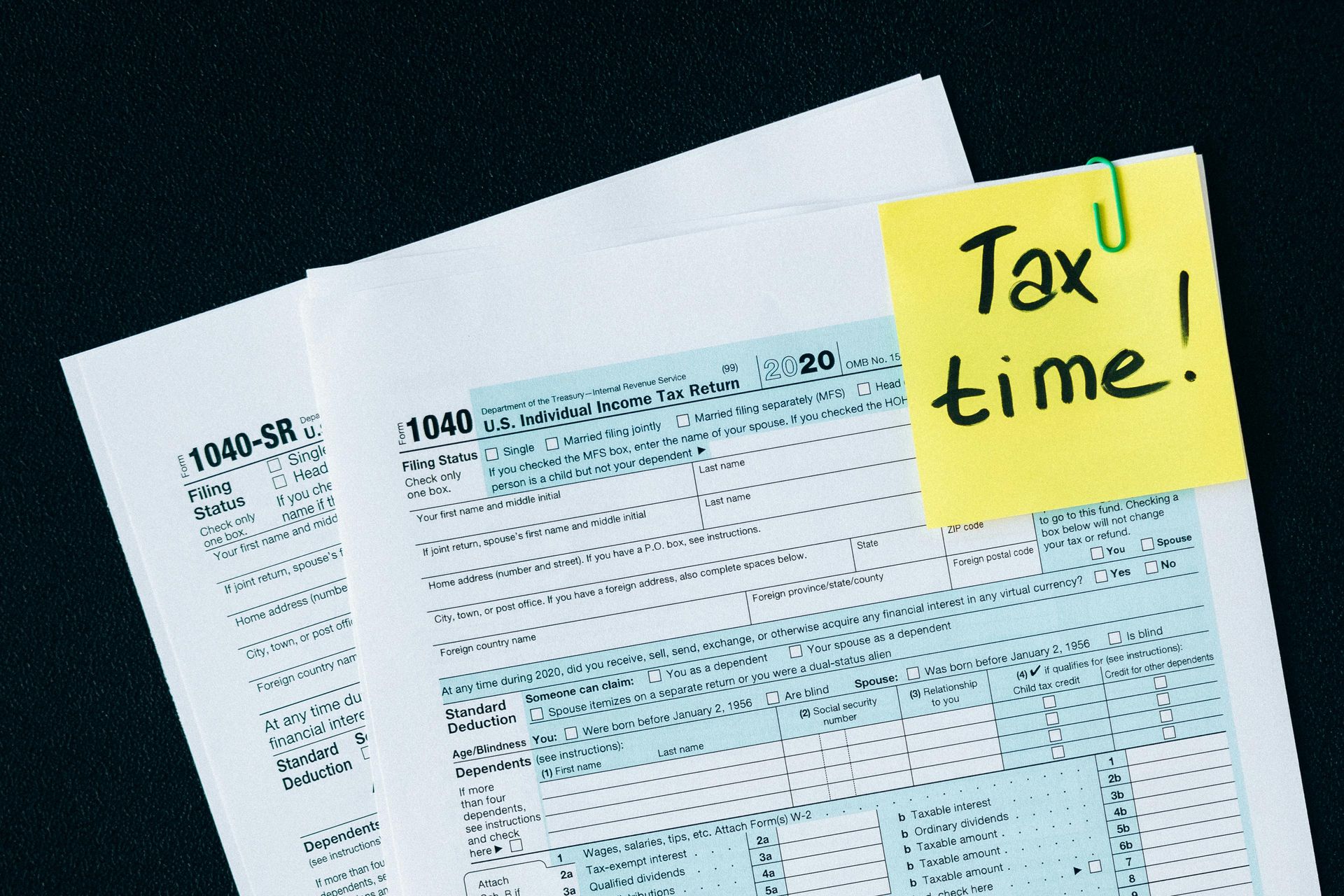The Top Five Bookkeeping Mistakes – And How to Avoid Them
Did you know that bookkeeping is a common fear among small business owners? If you're reading this, it's likely because you are a small business owner or an accountant working with them. The fact is, most people hate bookkeeping because they find it stressful and confusing. However, if your business is to succeed, it's something you cannot avoid. Read on and learn about the top five bookkeeping mistakes you need to avoid so that your accounting remains stress-free and clear.
You Don't Know Where to Start
If you've just started your small business, you might not know where to start with bookkeeping. However, it's important to know that bookkeeping is not just confined to the accounting department. It's a company-wide responsibility. If you want to succeed, you must ensure that your financial information is accurate.
You must know how much money you're bringing in, your costs, and your profit. You need to know how much money is coming in by cash or check, in what amounts, and on what dates. You also need to know how much money you're paying for your supplies and services and on what dates, including taxes, if applicable.
You Don't Have a Good System in Place
If you don't have a good system in place, it's likely your books will suffer. Many small business owners don't have a good system in place because they don't know where to start. They don't know what information they need to track or how to track it.
If you don't have a good system in place, your bookkeeping will be a nightmare. If you track your data manually, it will take you hours, if not days, to complete your books. Your books will be full of errors, and you may not even know what they are.

You Do Your Books Manually, and They Take Too Long to Complete
If you do your books manually and take too long to complete, you may need to consider changing your methods. You may be tracking your data manually and not have a good system in place. If you don't have a good system in place, you will find your bookkeeping extremely time-consuming and stressful.
You may not know what information you need to track or how to track it. You may be tracking your data in an Excel spreadsheet or using paper receipts. If you use paper, your books will take a long time to complete as you will have to manually input the data into your spreadsheet and/or accounting software. You need to consider changing your methods if you track your data manually and it takes too long to complete your books.
Your Data Is Not Organized, or You Don't Use the Right Software
If your data is not organized or you don't use the right software, your books will likely suffer. If you don't have your data organized, you will experience a lot of stress as you will have to spend hours looking for the information you need. If you use the wrong software, you will experience a lot of frustration as your accounting software may not be user-friendly.
If you use accounting software that isn't user-friendly, you will spend hours figuring out how to use it. If you don't have your data organized or you use the wrong software, it will definitely show in your books.
You Have Too Much Clutter in Your Accounting Records
If you have too much clutter in your accounting records, you will find it difficult to locate the information you need. If you have too much clutter in your accounting records, you will have difficulty locating the information you need.
If you use a paper-based system and keep receipts, your records will be cluttered. If you have too much clutter in your accounting records, you will have difficulty locating the information you need. If you are using a paper-based system, your receipts will be full of clutter. Your accounting records will also be full of clutter. If your accounting records are cluttered, you will have difficulty locating the necessary information.

Work with N.E.W.
Our team at N.E.W. Accounting is prepared to meet all of the considerations above and exceed your expectations. We know that small to medium-sized business owners can feel bogged down by their company's numbers, and we want to work with you so that you can focus on the rest of your business. Contact us today to get started!



